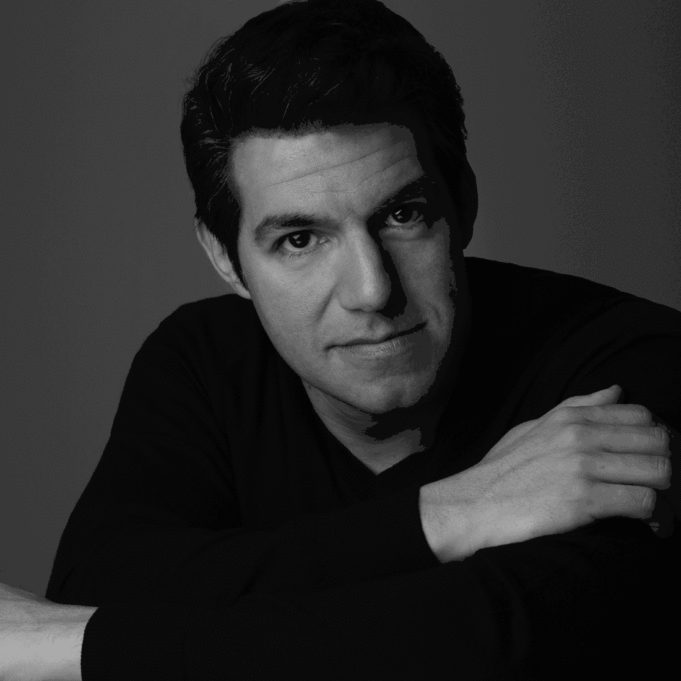The health of a city’s performing arts scene can broadly be measured by how well its orchestra is funded. Managing the large ensembles requires several levels of cooperation among city and state sources, private businesses, and individual patrons to keep budgets in the black and the musicians paid.
So what’s the status of Fort Worth’s orchestra? While some notable foundations and individuals have made significant financial commitments, the organization remains without consistent leadership, and overall revenues are down.
The reason we’re talking about this now is that FWSO conductor Miguel Harth-Bedoya recently announced that he is retiring as director in 2020 after an 18-year tenure. The maestro’s vision and world-class talents will be missed, but his departure is another reminder that the future of the FWSO remains tenuous. Memories of tense contract negotiations between the orchestra and its musicians following a substantial budget shortfall still weigh heavily on local minds. The ordeal highlighted organizational and fundraising shortcomings within FWSO: a revolving door of development officers, reports of a toxic work environment under then-CEO Amy Adkins, an indecisive board of directors, lackluster fundraising efforts, and a burdensome rental agreement with Performing Arts Fort Worth, the nonprofit that manages Bass Performance Hall.
There have been some bright spots in the year since. In early 2017, the Amon Carter Foundation committed $1.5 million toward a matching grant program that, over the next two years, will net $3 million for the FWSO. A few months before that, an anonymous donor contributed $700,000 to end the musicians’ strike. But these are temporary fixes that fail to address the underlying problems plaguing the orchestra. Even mega-donor and FWSO board chairperson Mercedes Bass recently told the Star-Telegram that she cannot “constantly be writing checks” for the symphony because it doesn’t belong to her but rather the entire community.
We agree. The symphony has historically been overly dependent on a handful of major benefactors to the detriment of cultivating a strong base of new donors. While fluctuations aren’t unusual for a large nonprofit like FWSO, last year’s revenue earnings of $10,613,521 were a significant dip from $13,126,256 the year before, according to the newsroom nonprofit ProPublica.
Even FWSO’s $23 million endowment lags behind several similarly sized orchestras, including Indianapolis Symphony Orchestra ($92 million), Kansas City Symphony ($100 million), and Pittsburgh Symphony Orchestra ($124 million). Interest from endowments is often used to shore up budget deficits. Aspen Leadership Group, a consulting company for nonprofits, is leading the search for FWSO’s next president and CEO. Bass Hall continues to be a burdensome expense — rental fees totaled $324,050 in 2017, according to FWSO’s financial records from that year. Most patrons are just now beginning to understand Bass Hall’s new security measures, which led to Harth-Bedoya’s expulsion from the hall last year for holding his daughter’s violin case.
The FWSO’s musicians remain stellar, and the departure of Adkins has opened the possibility for Fort Worth’s orchestra to hire a leader who can cultivate new philanthropists. Former Fort Worth Opera general director Darren Woods was an example of a charismatic personality who created a following of true believers. Work culture begins at the top and trickles down. Choosing the right CEO for FWSO should be the performing arts group’s priority while Harth-Bedoya’s tenure winds down. The orchestra’s board of directors demonstrated leadership shortcomings during the recent strike. Hopefully, that trend has ended. The administration and the musicians are getting along well enough, one FWSO musician recently told me.
The fundraising environment for the performing arts in Fort Worth remains tepid at best. City leaders seem more interested in pushing through pet projects for the wealthy ($1 billion for the Panther Island project or $500 million for Dickies Arena) than making time to address the issue of arts funding. But a smart fundraising campaign can still pay dividends. Two years ago, former FWO development director Mark Saville launched the Million Dollar Summer campaign. Knowing that corporate executives are busy, Saville asked only for brief photo ops that captured the business leaders holding a sign that read, “I Support Fort Worth Opera Because …” The execs filled in the rest. While setting up to take photos to be used by FWO on social media, Saville made his pitch to the executives, asking them why their company should support FWO. In three months, Saville raised more than $1 million.
Aside from 200 concerts per year and the summer series Concerts in the Garden, the nonprofit brings live orchestral music to more than 43,000 students every year through its outreach programs. Along with maintaining the highest artistic standards in his 18 years, Harth-Bedoya also has introduced Fort Worth audiences to contemporary symphonic works and a broad survey of compositions from Central and South America.
FWSO remains a symphony on the brink. But on the brink of decline or growth is yet to be decided.













Have anything to share that we didn’t already know?
You’re comparing the FW and Pittsburgh symphony orchestras as being “similar in size”?? Pittsburgh has more than triple the budget of the FWSO, and they have a very firm international reputation- because of decades of investment in artistic quality from its board and community. Until the board of the FW orchestra steps up to that level of commitment for a number of years, let’s please not embarrass ourselves with such disrespectful comparisons.
Revenues are not down at the Fort Worth Symphony. The reason that revenues went down from $13 million to $10.6 million last season was because – THE ORCHESTRA WAS ON STRIKE FOR FOUR MONTHS! Did anyone at the FW Weekly bother to call Symphony management and ask for an explanation before running this story?
Gerald, yes, strikes lower revenue. That much is obvious. That is why the best course is to avoid situations that lead to strikes in the first place. Thanks.